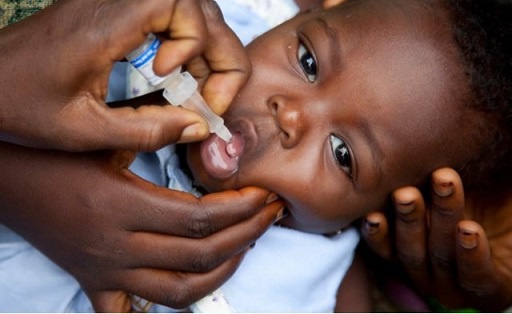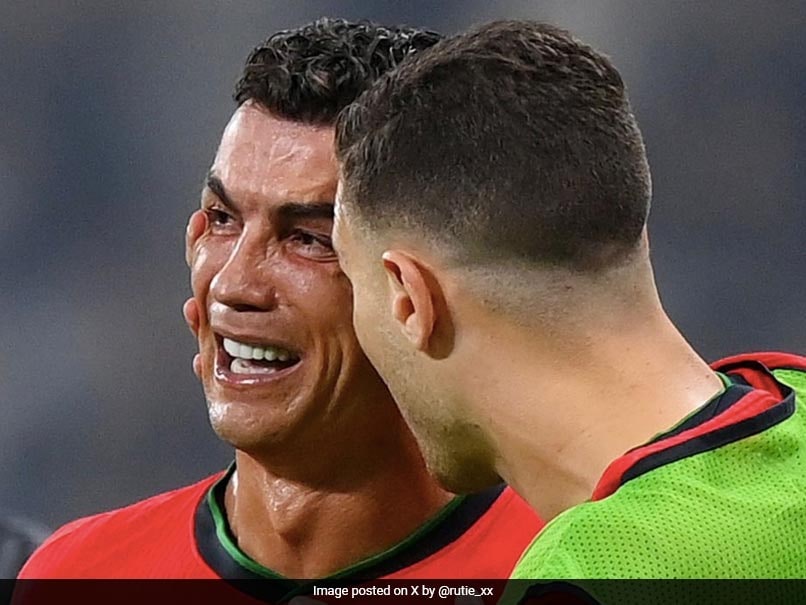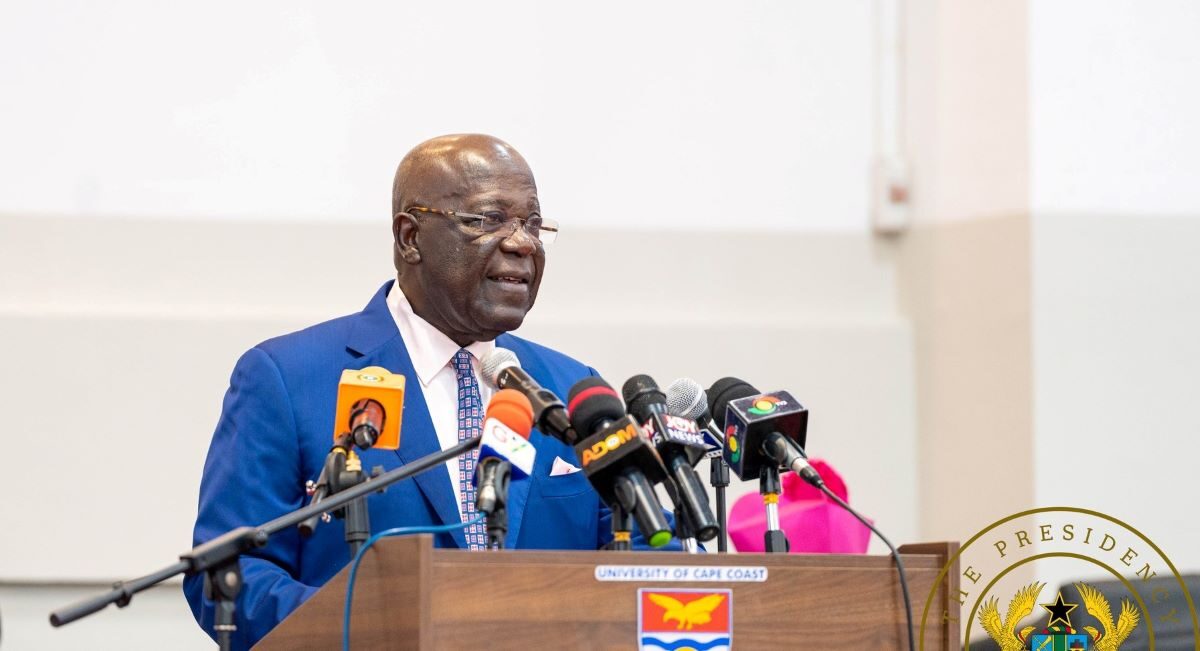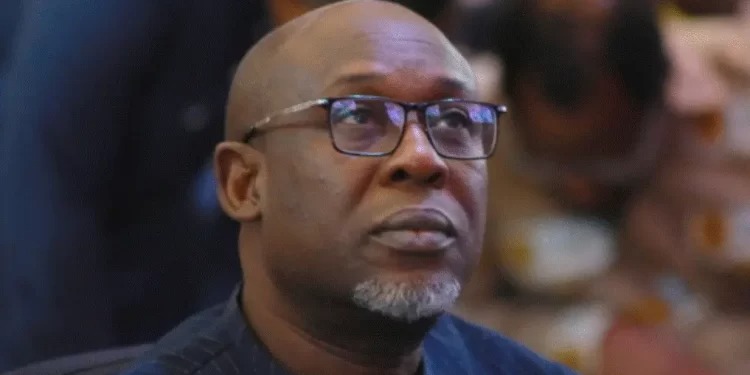A report compiled by Civil Society Organisations (CSOs) in over ten West African countries indicates that the year 2017 has seen the lowest case count of polio in recorded history, but the job is not done yet.
With fourteen days into a month-long campaign to call attention to immunisation, civil societies across Africa join global efforts to call for continued vigilance to Polio, routine immunisation programmes and stronger health systems.
According to the report, polio cases have been reduced by 99.9% worldwide since 1988. Fewer than 40 cases worldwide were reported for all of 2016, thanks to the 10 billion doses of oral polio vaccine that have been administered since 2000.
“We cannot rest until polio transmission is interrupted and there are zero cases for at least three consecutive years,” says Salisu Musa Muhammad, Deputy Director at Community Health and Research Initiative in Nigeria, as they have been actively calling the attention of the government performance on budgeting in immunisation.
Of the three countries still endemic for polio – Nigeria, Afghanistan and Pakistan – one is in Africa. Although Nigeria has not reported any cases of polio since the August 2016 outbreak, it is possible that the poliovirus is continuing to spread undetected in the Lake Chad region, given on-going inaccessibility, surveillance gaps and a fluid security situation. To stop the outbreak and respond to the on-going risk in the area, Nigeria and neighbouring countries have implemented large-scale vaccination campaigns. “Global and national efforts to eradicate polio have been significant and sustained. This is why we are so close,” Boubacar Sylla, coordinator of the civil society platform POSSAV in Guinea, said.
She added: “However, today, as with the eradication of polio, comes the timely reduction of resources allocated to polio. With the resources allocated to polio reducing, countries will have to ensure that they increase their support to routine immunisation.”
In January 2017, African Heads of States endorsed the Addis Declaration on Immunisation, through which they acknowledged that despite their endorsement of the Global Vaccine Action Plan, they are largely off track. The ADI reinforces their commitment at the highest level of political engagement.
These political commitments have to turn into adequate policies as well as concrete budget allocations in order to achieve universal access to immunisation. To ensure that this time countries get or stay on track, civil society organisations will continue to track the vaccines, the finances and the legislation.
The 33 days to Power Up Immunisation campaign is a continuation of what was started with the Africa Vaccination Week and World Health Assembly.
Source: GhanaWeb












